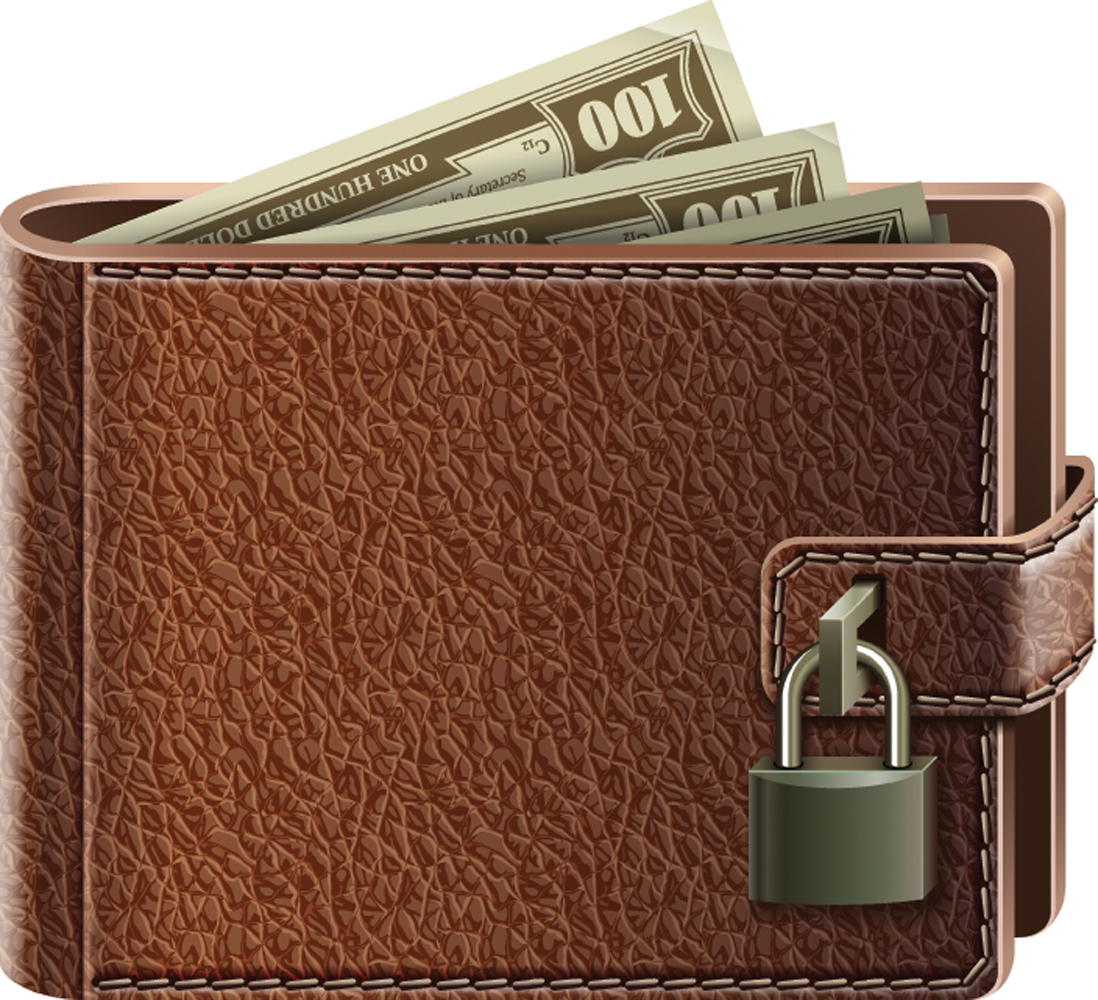News
FOMAD: the key to impulse buying

A new phenomenon ‘Fear of missing a deal’ (“FOMAD”) is driving impulse buying online and in stores, with the average Brit buying 11 things a month because they are on sale, according to new research by Quidco.
44 per cent succumb to the phenomenon online and 52 per cent in-store. Those that impulse buy clothes, technology and gadgets spend an average of £133 per month. Nearly half (48 per cent) of Brits said the amount of money they are saving is their main criteria for buying, while just 43 per cent actually assess whether they need the item.
One in ten people admit they buy things they don’t need if there is a good discount on it, while eight per cent say they are often tricked by misleading deals. Just one in three (32%) people will go away and think about a good deal before committing to a purchase.
Despite these figures, 24 per cent of men versus 20 per cent of women claim they ‘do not get taken in’ by offers. This is in spite of the fact that men spend most on impulse purchases (£136), while five per cent of women admit to buying clothes in the wrong size if there is a significant discount.
Women are more likely to be driven by the thrill of being able to afford something that would normally be out of reach, with one in three (37 per cent) say this is key to their decision making process, compared to just a quarter (25 per cent) of men.
Ladies also love to share – being 18 per cent more likely than men to tell others about a bargain. Sneaky men are more likely than women to keep their bargain a secret in the hope people believe they paid full price (12 per cent vs 9 per cent).
70 per cent of women who have bagged a bargain felt a buzz when doing so, and 48 per cent of women say the buzz lasts all day, compared to just over one in three men (36 per cent). One in five (19 per cent) women feel the buzz every time they see the item.
Dr Jack Lewis, Neuroscientist, and author of ‘Sort Your Brain Out’ said: “The ever-expanding world of neuro-economics provides fascinating insights into what drives these kinds of behaviours. Purchasing decisions are a delicate interplay between perceived value and the discomfort of parting with our cash. When slashed prices reduce this sense of “buying pain” it can really tip the balance – magnifying the desire to snap the bargain up”
Andy Oldham, managing director of Quidco, said: “It’s natural for people to want to treat themselves to impulse buys every now and again, but shoppers shouldn’t make themselves prisoners to bargains and deals and risk ending up with things they don’t need. With the right amount of research and more ‘thoughtful’ purchasing, you can get the best value for money with every purchase. Cashback is a great way of getting a little bonus while you shop, whether you are making a considered purchase or an impulse buy.”